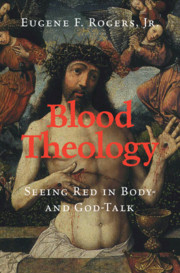Job’s burnt offerings for his sons and daughters followed by their death (Job 1) resembles the sequence of Aaron’s burnt offerings for himself and his sons followed by the death of his oldest sons (Lev 8–10). Within this common sequence of events, the two stories share a cluster of important, identical lexemes. Although it is not impossible that these features could have resulted unintentionally from a shared scribal culture, the textual evidence is strong enough to indicate that the scribe of Job’s prologue alludes to the priestly inauguration story of Leviticus 8–10. By reading Job after Leviticus, one sees the sharp contrast between the divine silence following Job’s intermediary sacrifices (Job 1:5, 18–19) and the divine response both to Aaron’s and to Nadab and Abihu’s sacrifices (Lev 9:22–10:3). This study clarifies how the story of Job rejects a mechanistic understanding not only of traditional wisdom, but of the Priestly cultic tradition of ancient Israel and Judah.


